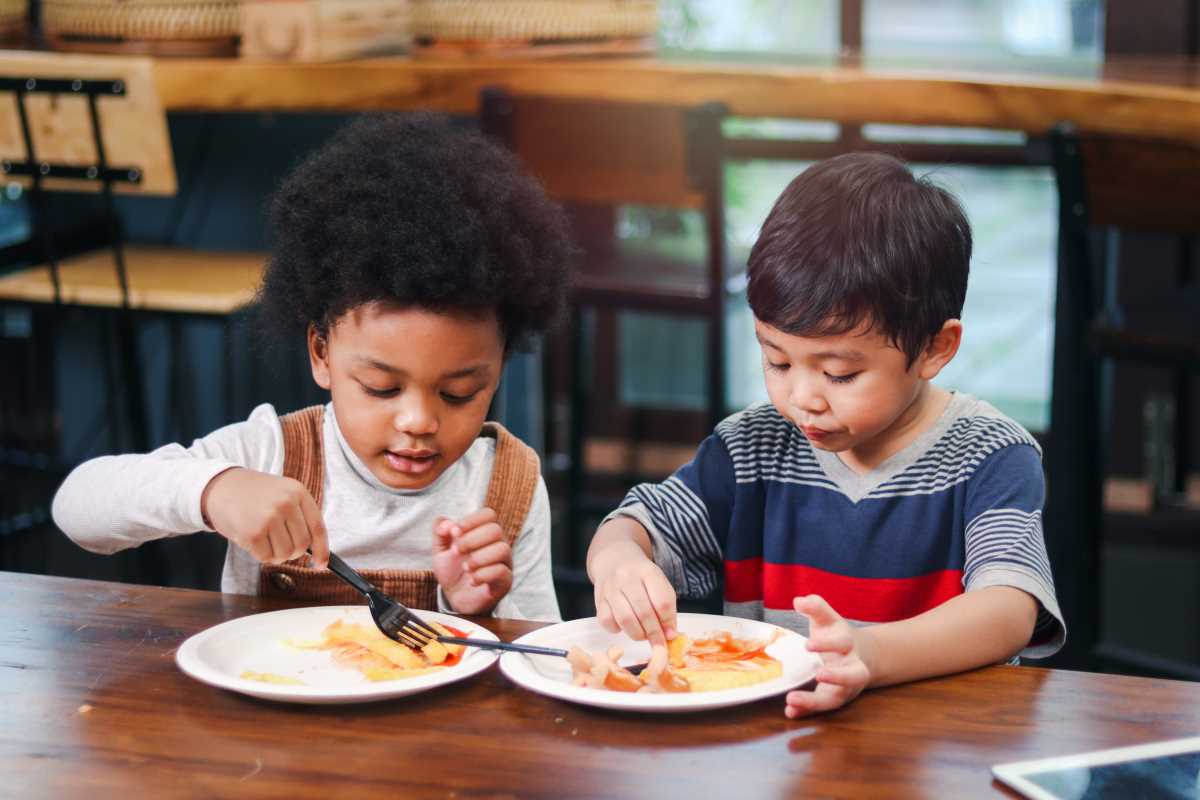Grief is an inevitable part of life, touching everyone at some point. However, when an entire family is grieving, the collective process of mourning can be particularly overwhelming. Each member of the family may experience grief differently, and these varied responses can impact the entire family dynamic. Recognizing the signs of collective mourning is crucial for understanding how grief affects each family member and for finding ways to support one another through this challenging time. By acknowledging these signs and addressing them thoughtfully, families can come together to navigate their grief and foster healing.
Understanding the Impact of Collective Grief on Family Dynamics
Grief does not affect everyone in the same way, and within a family, each member may experience and express their grief differently. This can lead to shifts in family dynamics that are often subtle but significant. One common sign of collective grief is increased tension or conflict among family members. As individuals process their emotions, misunderstandings and disagreements may arise more frequently. For example, one person may express their grief through anger or frustration, while another might withdraw emotionally, leading to a sense of disconnection within the family.
These changes in behavior can create a ripple effect, where the stress of grief exacerbates existing family dynamics or brings new challenges to the surface. It is essential for family members to recognize these shifts and approach them with empathy and understanding. Open communication is key in these moments. By creating a safe space for honest conversations, families can address the underlying emotions driving these changes and work together to support each other.
Recognizing Emotional and Behavioral Signs of Mourning
In addition to changes in family dynamics, individual members may exhibit unique emotional and behavioral signs of grief. These signs can vary widely but often include anger, sadness, withdrawal, denial, or even guilt. Some family members may struggle with feelings of intense sadness, finding it difficult to engage in daily activities or maintain routines. Others might mask their grief with anger or irritability, lashing out at those around them as a way to cope with their pain.
It's important to understand that these reactions are normal responses to loss and that each family member will process grief in their own way. Recognizing these emotional and behavioral signs allows the family to provide the appropriate support. For instance, if a family member is withdrawing from social interactions or daily activities, gently encouraging them to talk about their feelings or seeking professional help may be beneficial. Similarly, if someone is expressing their grief through anger, it may be helpful to explore underlying emotions in a calm and non-judgmental setting.
Physical Manifestations of Grief
Grief is not just an emotional experience; it can also manifest physically. During times of collective mourning, family members may experience a range of physical symptoms, including changes in appetite, sleep disturbances, fatigue, and even physical pain. These symptoms can add to the emotional burden of grief, making it even more challenging for families to cope with their loss.
For example, some individuals may lose their appetite, leading to weight loss or nutritional deficiencies, while others might overeat as a way to comfort themselves. Sleep disturbances, such as insomnia or excessive sleeping, are also common and can further impact a person’s mood and overall well-being. Fatigue, a frequent companion of grief, can make it difficult to carry out daily tasks or responsibilities, leading to a sense of helplessness or frustration.
To address these physical symptoms, it is important for family members to prioritize self-care. Engaging in healthy coping mechanisms, such as regular exercise, maintaining a balanced diet, and establishing a consistent sleep routine, can help mitigate some of the physical tolls of grief. Encouraging each other to take small steps towards self-care can promote physical well-being and provide a sense of control during a time of upheaval.
Navigating Financial Strain During Collective Grief
In addition to emotional and physical challenges, grief can also bring about financial strain, particularly when unexpected expenses related to the loss arise. Funeral costs, medical bills, and the potential loss of income due to time taken off work can place additional stress on a grieving family. Changes in family dynamics, such as the loss of a primary breadwinner or the need for someone to step into a caregiving role, can further complicate the financial picture.
This financial strain can exacerbate the emotional impact of grief, leading to feelings of anxiety or helplessness. It is essential for families to address these financial challenges head-on by seeking guidance and support. Financial counseling or assistance from community resources can provide much-needed relief and allow the family to focus on the emotional aspects of healing. Open discussions about financial concerns can also help alleviate some of the stress and prevent misunderstandings or additional conflicts from arising.
The Role of Professional Support in Navigating Family Grief
While families can provide immense support to one another during times of grief, the importance of seeking professional help cannot be overstated. Therapists, counselors, and support groups offer valuable resources and guidance for those navigating the complexities of grief. These professionals can help families understand the different ways grief manifests, provide tools for effective communication, and offer strategies for coping with the emotional, physical, and financial challenges of loss.
Support groups, in particular, can be a powerful resource for families. They provide a space where individuals can share their experiences with others who are going through similar situations, fostering a sense of community and understanding. For some, knowing that they are not alone in their grief can be incredibly comforting and can help ease the burden of mourning.
Healing Together as a Family
Navigating family grief is a challenging and often painful journey. However, by recognizing the signs of collective mourning and supporting one another through open communication, self-care practices, financial guidance, and professional support, families can find strength in their unity. It is important to remember that healing is a process that takes time, patience, and understanding. While the pain of loss may never fully disappear, with the love and support of family, it is possible to find solace and resilience in the midst of grief.
As families move through the grieving process, they may discover new ways of connecting with one another, forging deeper bonds, and finding meaning in their shared experiences. Though the journey may be difficult, it can also be a time of profound growth and healing, allowing the family to emerge stronger and more united in the face of future challenges.
 (Image via
(Image via





